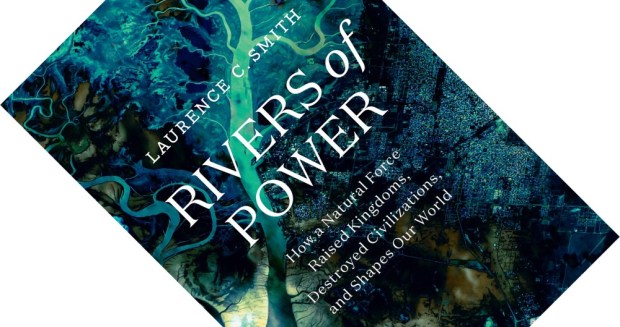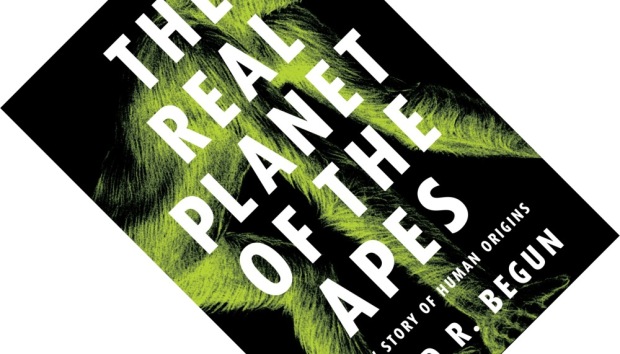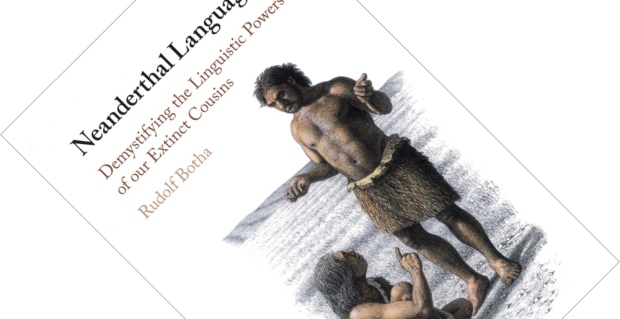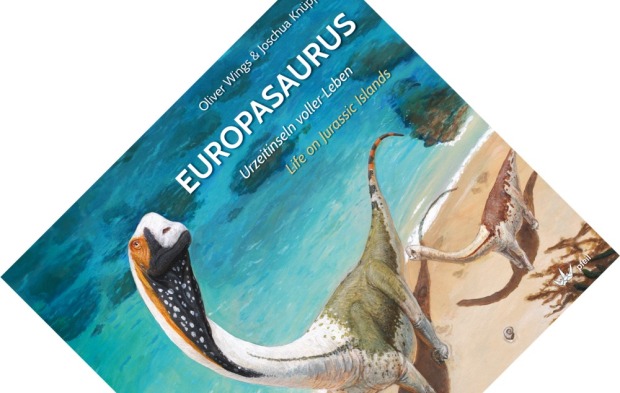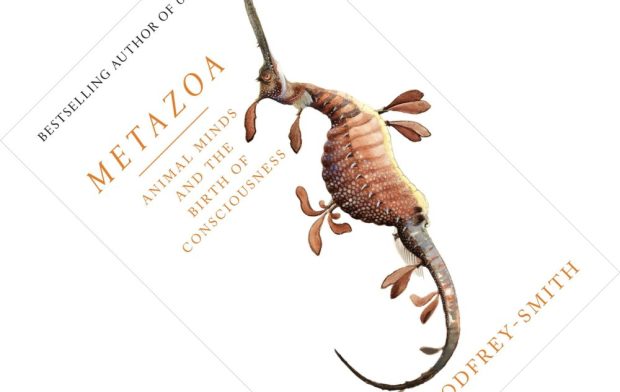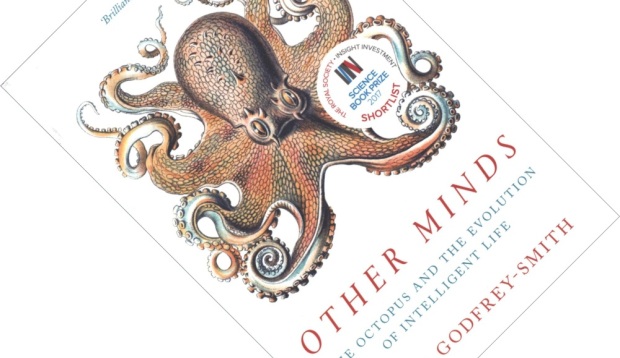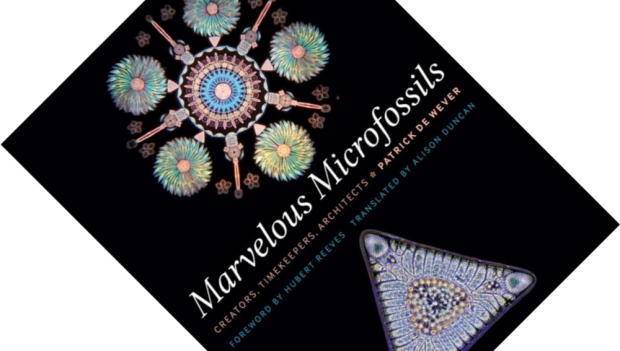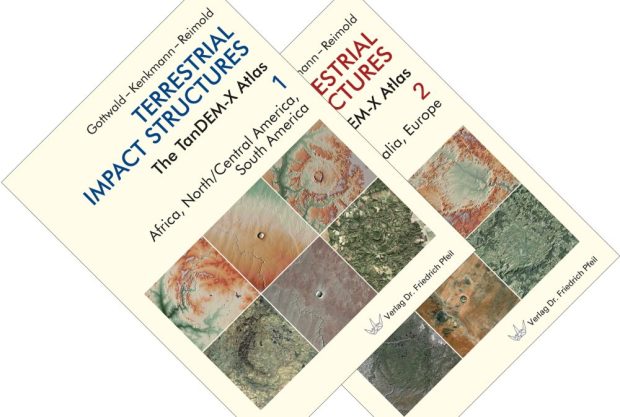3-minute read
This year will probably go down in history as the one we would all rather forget. Fortunately, there were many amazing books being published to take your mind off things for a moment. As I expected, this was a somewhat less productive year, where I read and reviewed 74 books.
For those who do not feel like trawling through that many reviews, here is my personal top 5 of the most impactful, most beautiful, and most thought-provoking books I read during 2020.

